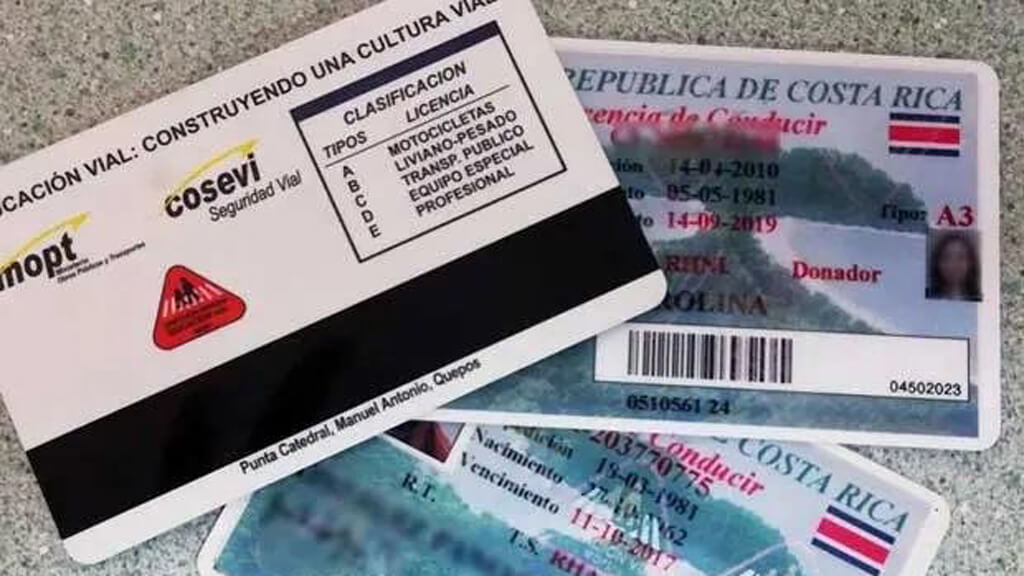Introduction
Driving in Costa Rica offers a fantastic way to explore the country’s stunning landscapes and vibrant cities. Whether you’re planning to stay long-term or just need to navigate daily life, obtaining a local driving license is essential. Here’s a comprehensive guide on how to get your driving license in Costa Rica.
Eligibility Requirements
Age Requirements
To obtain a driving license in Costa Rica, you must meet certain age criteria. The minimum age for a standard car license (Category B1) is 18 years. For motorcycles, the minimum age varies depending on the engine size, starting at 16 years for smaller bikes.
Residency Requirements
You must prove legal residency to apply for a Costa Rican driving license. This involves providing documentation such as a residency card (DIMEX), a valid passport, and proof of address. Temporary visitors cannot apply for a local license but can use their foreign license for up to 90 days.
Steps to Obtain a Driving License
Gathering Necessary Documents
Before starting the application process, ensure you have the following documents:
- Valid residency card (DIMEX)
- Passport
- Proof of address (utility bill or rental agreement)
- Recent passport-sized photographs
- Medical certificate from an authorized doctor
Taking the Theoretical Test
The first step is to pass a theoretical driving test. Register for the test at the Road Safety Council (COSEVI) website or in person. Study materials are available online, covering Costa Rican traffic laws, road signs, and safe driving practices. Passing this test is mandatory before you can take the practical driving test.
Enrolling in a Driving School
While not mandatory, attending a driving school can significantly improve your chances of passing the practical test. Driving schools offer comprehensive courses that cover both theoretical knowledge and practical driving skills. Choose a reputable school with good reviews and certified instructors.
Practical Driving Test
Once you’re prepared, schedule your practical driving test through COSEVI. The test assesses your driving skills, knowledge of road rules, and ability to handle various driving scenarios. It’s essential to practice thoroughly and stay calm during the test.
Converting a Foreign Driving License
Eligibility for Conversion
If you hold a valid foreign driving license, you may be eligible to convert it to a Costa Rican license. This is particularly useful for expats and long-term residents.
Conversion Process
To convert your foreign license, you need to:
- Provide a valid residency card (DIMEX)
- Present your original foreign license
- Submit a medical certificate
- Pay the applicable fees Visit COSEVI to complete the conversion process, where they will verify your documents and issue a Costa Rican license.
Renewing Your Driving License
Renewal Period
Costa Rican driving licenses need to be renewed every three to six years, depending on your age and the type of license. It’s crucial to keep track of the expiration date to avoid penalties.
Renewal Process
The renewal process involves:
- Obtaining a medical certificate
- Visiting a COSEVI office with your existing license, residency card, and passport
- Paying the renewal fee The renewal process is straightforward and can often be completed in a single visit.
Tips for a Smooth Licensing Process
Preparing for Tests
Use online resources and study guides to prepare for the theoretical test. Practice driving regularly and consider taking mock tests at a driving school to build confidence.
Navigating Bureaucracy
Costa Rican bureaucracy can be challenging. Stay organized, keep copies of all documents, and be patient. Hiring a local attorney or consultant can also help streamline the process.
Conclusion
Getting a driving license in Costa Rica involves several steps, but with the right preparation and understanding of the requirements, it can be a smooth process. Whether you’re converting a foreign license or starting from scratch, this guide covers everything you need to know to hit the road legally and safely in Costa Rica.



